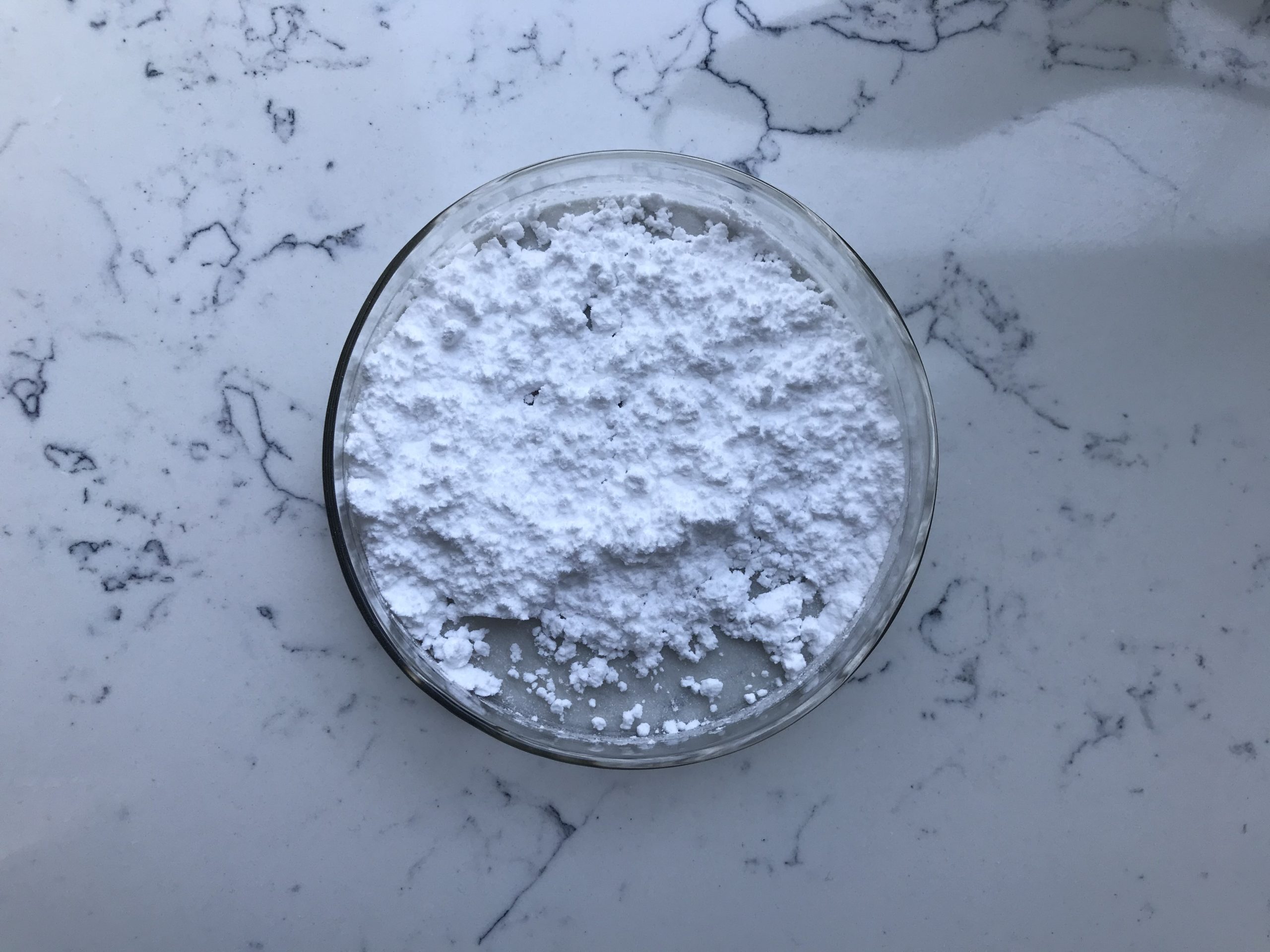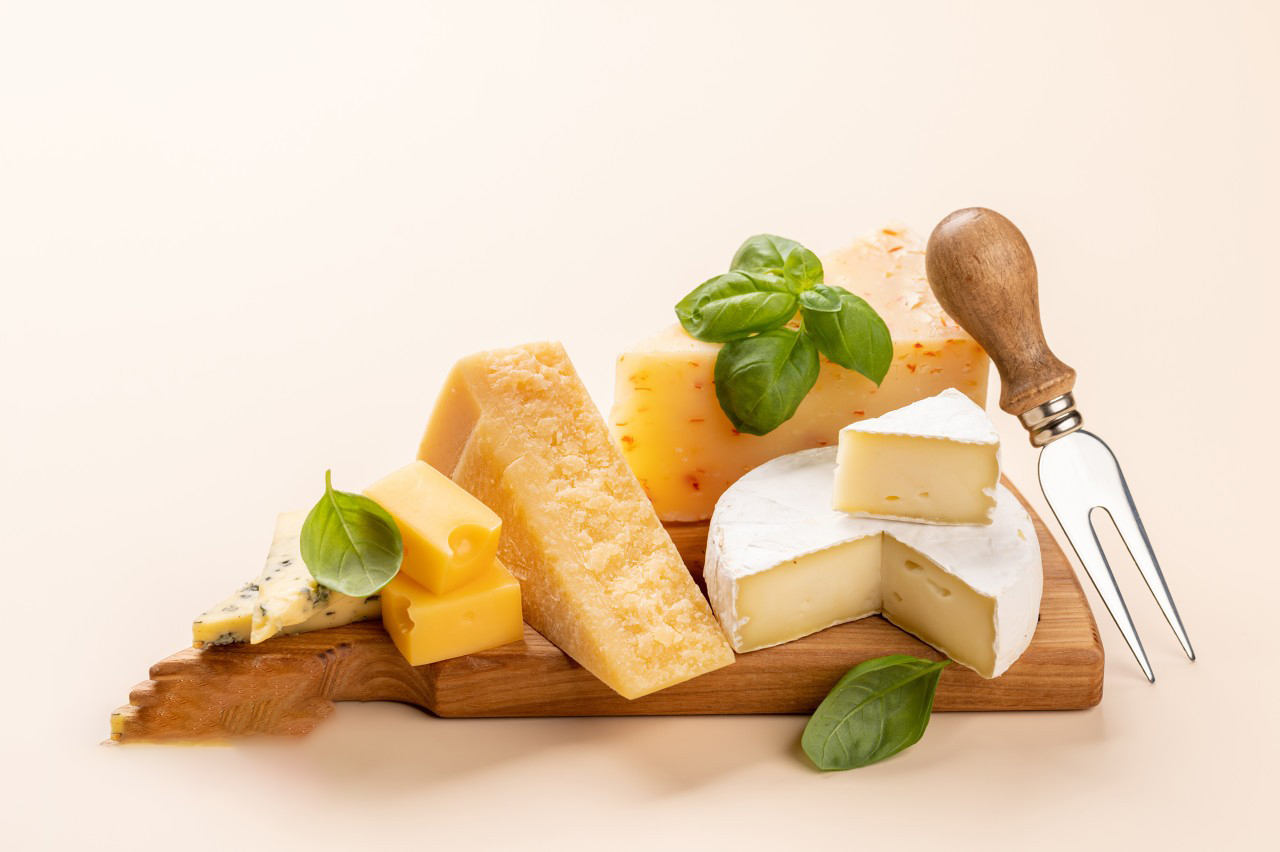Biotin (also known as vitamin B7) is a water-soluble B-vitamin that plays a key role in energy metabolism and the health of hair, skin, and nails. A biotin deficiency is relatively rare, as it is widely available in foods like eggs, nuts, seeds, fish, and certain vegetables, and is also produced by bacteria in the intestines. However, when a deficiency does occur, it can lead to several symptoms.
If you’re not experiencing any symptoms of biotin deficiency, that’s a good sign! It suggests your body is getting enough biotin, either from food or internal production. The symptoms of biotin deficiency can include:
- Hair loss: Thinning or loss of hair, particularly in the form of bald patches.
- Skin issues: Dry, scaly, or inflamed skin, especially on the face or around the eyes.
- Brittle nails: Nails that break or split easily.
- Neurological symptoms: These can include mood changes, depression, fatigue, or even confusion.
- Muscle pain or cramping: Weakness, muscle aches, or cramps may occur in more severe cases.
- Digestive issues: Nausea or loss of appetite.

If you’re not noticing any of these, you’re likely not deficient in biotin, but it’s always a good idea to monitor your diet to make sure you’re getting a balanced intake of nutrients. If you have any concerns about biotin or other vitamins, a healthcare provider can provide more personalized advice.
Food sources of Biotin
Biotin, also known as vitamin B7, is important for maintaining healthy hair, skin, and nails, as well as supporting metabolic function. Here are some food sources rich in biotin:
- Eggs (especially the yolk) – A great source of biotin.
- Nuts and seeds – Particularly almonds, walnuts, and sunflower seeds.
- Organ meats – Liver and kidney are among the best sources.
- Salmon – A rich source of biotin, and also high in omega-3 fatty acids.
- Avocados – They contain a moderate amount of biotin, along with healthy fats.
- Sweet potatoes – A good plant-based source of biotin, along with fiber and vitamins.
- Dairy products – Milk, cheese, and yogurt can contribute some biotin to the diet.
- Berries – Raspberries and strawberries have small amounts of biotin.
- Bananas – A fruit that contains some biotin.
- Cauliflower – A vegetable that provides a moderate amount of biotin.
- Whole grains – Like oats, barley, and whole wheat bread.
- Legumes – Beans, lentils, and peanuts also provide biotin.

Biotin is widely available in a variety of foods, so it’s typically easy to meet your daily needs through a balanced diet. If you’re concerned about your biotin intake or have any specific dietary restrictions, let me know!
